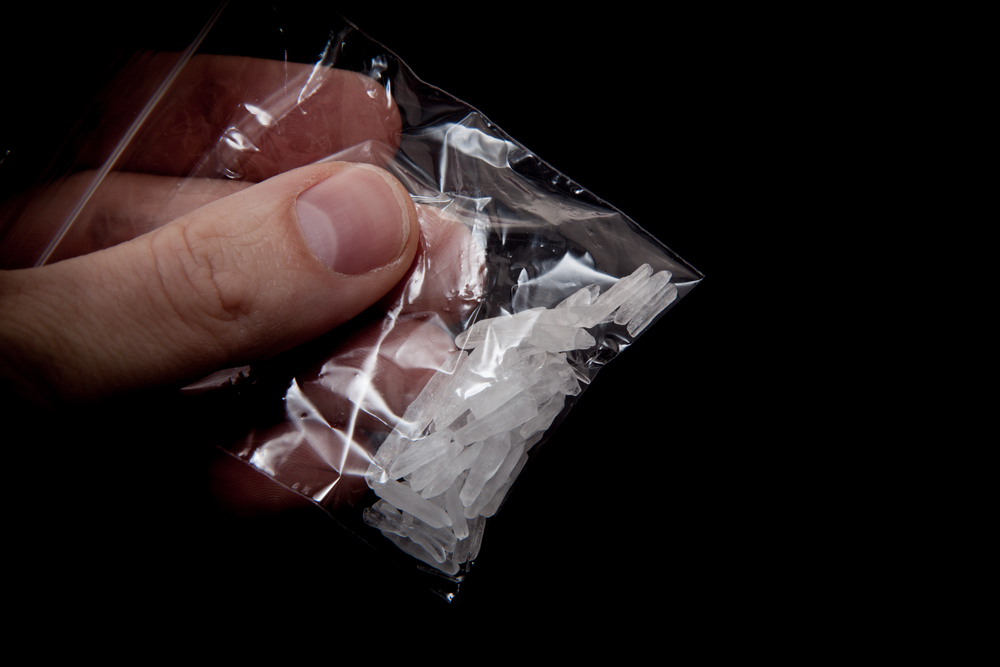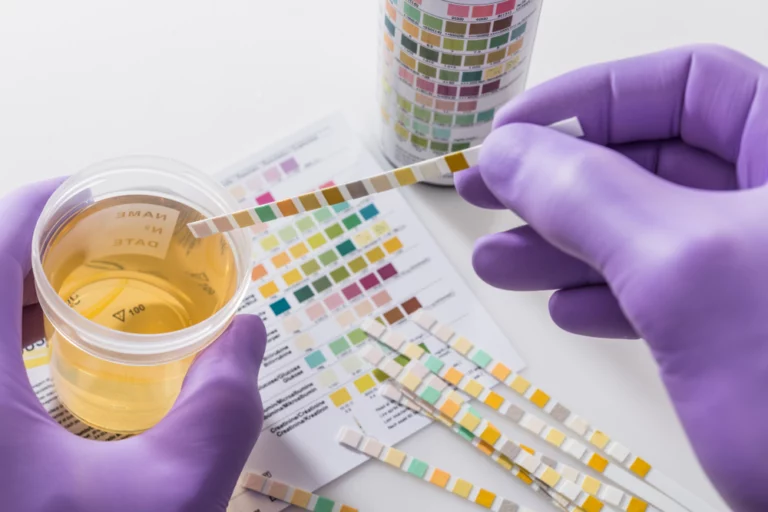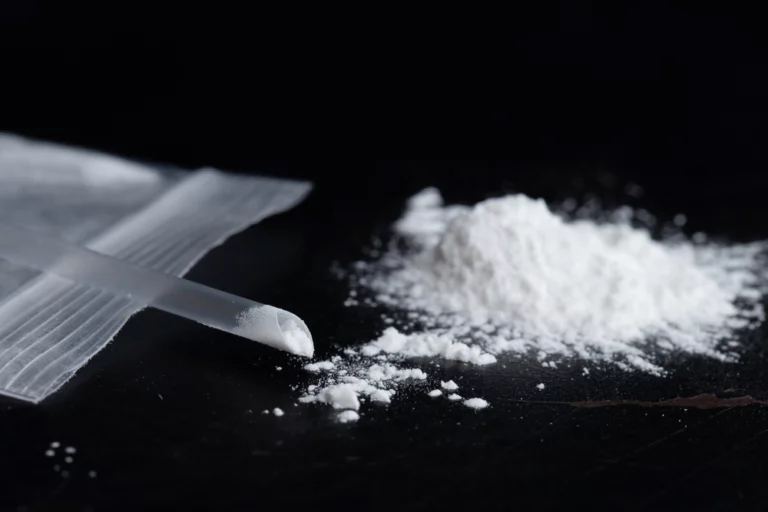Meth Overdose: How it Happens and What You Can Do
Most people might not realize that a meth overdose is not only possible but likely if the substance is abused. Between 2011 and 2017, there was a threefold rise in methamphetamine overdose deaths. Heroin and opioid use are partly responsible for the rise in overdose fatalities. Many heroin addicts use methamphetamine to either counteract the effects of heroin or to get a more powerful high when mixed with it, resulting in a rise in overdoses and drug-related violations in the United States. Because of the recent, significant increase in overdose fatalities, it is crucial for family members to recognize the symptoms and signs of a methamphetamine overdose, as well as how to help.
What is Meth?
Methamphetamine is a stimulant drug closely related to amphetamine. . Methamphetamine was synthesized in the early 1900s and was used to assist people lose weight or stay awake. During World War II, soldiers took methamphetamine to help them stay awake during battle. Although methamphetamine has similar effects to amphetamines, it is more addictive and has a wider range of harmful consequences.
Methamphetamine is currently listed as a schedule II drug. Prescription amphetamine derivatives are still provided in clinical settings to help people lose weight and battle narcolepsy, but most meth overdose victims are exposed to illegal street meth.

People may buy methamphetamine in either powder or crystal form, which may then be injected. Illegal methamphetamine is frequently sniffed or smoked, but sometimes it is dissolved in water and injected for a quick high. Crystal meth is typically heated and smoked.
The toxicity and danger of methamphetamine is due to the fact that it is made from a variety of harsh, synthetic materials. Meth is produced in illegal labs all around the world using industrial cleaners, solvents, and even animal poisons. These toxic chemicals can rot sensitive tissues, veins, muscles, and teeth. Because of the destructive, toxic impact of methamphetamine, those with drug or alcohol addiction often look significantly different, but meth addiction causes profound appearance changes.
Can You Overdose on Meth?
It is possible to overdose on meth the very first time you use it, particularly if you have never used the drug before. Because new users have not developed a tolerance to methamphetamine, they are prone to take too much of it. The heart rate, blood pressure, and body temperature may all increase in response to a methamphetamine overdose, resulting in a heart attack, stroke, organ damage, or death. Because one, or infrequent, uses of methamphetamine can lead to an overdose, they are termed ‘acute, or sudden, overdoses.’
A chronic overdose is caused by the cumulative effect of methamphetamine on the body. While the same dose may cause death in one individual and not another in long-term methamphetamine users, pre-existing health issues, individual tolerance, and whether alcohol or other drugs are present in the bloodstream all impact how much methamphetamine is lethal. Since street meth is an illegal substance, you can’t gauge its purity or potency. It is possible for the same dose to be deadly from one source but not from another.
What Causes a Meth Overdose?
An overdose occurs when a drug interacts with the body in a way that produces negative consequences. The side effects are usually the result of a dosage that is too much for the body to handle, and an overdose can be deadly if left untreated. A sharp increase in blood pressure resulting in hemorrhaging, liver failure, and even lead poisoning due to contaminants in the drug are all possible consequences of a methamphetamine overdose.
Signs of Meth Overdose
There is no regulation when meth is produced, so there is a high risk of overdose. Because it is an illicit substance, there are no standards in meth production laboratories. A batch of meth is often created in a makeshift lab using dangerous chemicals such as antifreeze, iodine, battery acid, and even kitty litter. The quality and purity of meth batches are not guaranteed as a result of their being produced in a makeshift manner. If you or a loved one is struggling with meth addiction, being aware of the warning signs is critical. Here are a few:
Stomach Pain
Meth overdose may cause severe stomach pain, nausea, diarrhea, and vomiting. If the person loses consciousness, it is critical to keep them on their side as you seek help. Vomiting is a common side effect of meth overdose, and if the victim is laying on his or her back, he or she may choke on his or her own vomit.

Heart Issues
An overdose of meth can result in a variety of cardiovascular problems, including chest pain, arrhythmias (irregular heartbeats), high blood pressure, and fast or slow heartbeats. As discussed previously, a meth overdose can quickly trigger strokes, heart attacks, bleeding, and other issues due to the rapid rise in blood pressure. Recognizing heart problems must be identified as they may be fatal.
Breathing Problems
Be aware of the breathing patterns of someone experiencing a meth overdose. Hyperventilation (rapid breathing) and labored breathing are common in meth users. The respiratory system connects the heart, which supplies blood with oxygen via the respiratory system. Serious issues may be indicated by breathing problems.
Psychosis
An individual suffering from meth overdose may exhibit extreme paranoia and psychosis. The person may appear extremely disoriented, unable to locate themselves. They may feel bugs crawling all over their skin or feel bugs under their skin, or they may feel extremely uncomfortable. Other indicators of meth overdose include visible restlessness and auditory or visual hallucinations.
Seizures
A meth overdose can result in a wide range of symptoms, including convulsions and motor function loss. Seizures may result in cardiac arrest, unconsciousness, and even coma if they are not addressed properly.
What to Do in the Event of a Meth Overdose in Asheville, NC
It’s vitally important to get immediate assistance if you believe someone is suffering from meth overdose. If you notice signs of a meth overdose, call 911 immediately and keep the individual safe until medical assistance arrives. Hold the person’s head carefully to prevent injury and turn their head to one side to prevent them from choking if they vomit; however, do not attempt to hold their legs and arms. Wait for medical personnel to arrive.
Side Effects of Methamphetamine Use
Crystal meth use carries significant health dangers, including drug toxicity and overdose. A methamphetamine rush can be both exhilarating and dangerous. When consumed repeatedly for extended periods of time, methamphetamine can cause an individual to develop an addiction to its pleasant effects. Individuals will need to take higher doses, use it more frequently, or take it in a different manner to get the same result when they become tolerant to methamphetamine. Below are both the short and long-term effects of methamphetamine use and abuse.

Short-Term Effects of Meth Use
An individual won’t become addicted to crystal meth after one use, but he or she may experience the drug’s powerfully rewarding effects—feeling more awake and energized, less hungry, and with a rapid heartbeat and breathing. Other short-term side effects of meth use include:
- Dilated pupils
- Anxiety
- Increased energy
- Feelings of invincibility
- Irritability
- Paranoia
- Nausea
- Loss of appetite
- Insomnia
- Tremors
Long-Term Effects of Meth Abuse
Long-term, chronic abuse of meth can result in a variety of serious issues. Hallucinations are frequently experienced, frequently involving bugs crawling on or beneath the skin. This compulsion to pick at their skin leads to horrible sores that are difficult to heal. Other particularly harmful symptoms of long-term meth abuse include:
- “meth mouth” or severe tooth decay
- Skin sores
- Chronic paranoia
- Anxiety
- Psychosis
- Kidney failure
- Weight loss
- Nerve damage
- Heart infection
- Hallucinations
- Organ damage
- Impaired cognitive functioning
- Aggressive behavior
- Stroke
- Suicidal ideation
Meth Addiction Treatment in Asheville
If a meth overdose is treated with quick and capable medical care, the person has the greatest chance of recovery. After an overdose is experienced, it is critical to seek substance use disorder treatment. Paranoia, psychosis, memory loss, and insomnia may last up to a year following an overdose incident, even with aggressive medical treatment.
After stopping meth use, some individuals with methamphetamine use disorder may require a medical detox period. Your body becomes accustomed to the presence of methamphetamine (or any drug) the more you consume it. Withdrawal symptoms, such as cravings, fatigue, and body aches, may be unpleasant and even painful if you quit using meth after a long period of time. Medical detox facilities may help you cope with the mental health problems that you experience, such as temporary symptoms of depression or paranoia.
There are several settings in which treatment can occur. Inpatient rehab or residential treatment occurs when you remain at a facility for the entire day and receive counseling and support. In outpatient treatment, you may live at home and attend appointments at pre-arranged times, but with varying levels of intensity, depending on your needs and progress in treatment. Programs typically last from 30 to 90 days. The most effective methamphetamine addiction treatment occurs when a treatment program is tailored to the client’s personal wants and needs. The longer an individual is in treatment, the more likely they are to maintain sobriety as well.

Meth Addiction Treatment at Durable Recovery
A meth overdose can seem impossible to overcome, but there is hope for recovery. Individuals may leave drug abuse behind and live balanced, healthy lives with help from the professionals at Durable Recovery.
It’s crucial to seek medical assistance if you or a loved one has meth addiction. At Durable Recovery, we’ve been treating addiction disorders for decades. With our assistance, you can overcome your substance abuse and begin to recover. To learn more about addiction treatment or any of our other services, please contact us today. It’s time to reclaim your life, and we can assist you in doing so.








